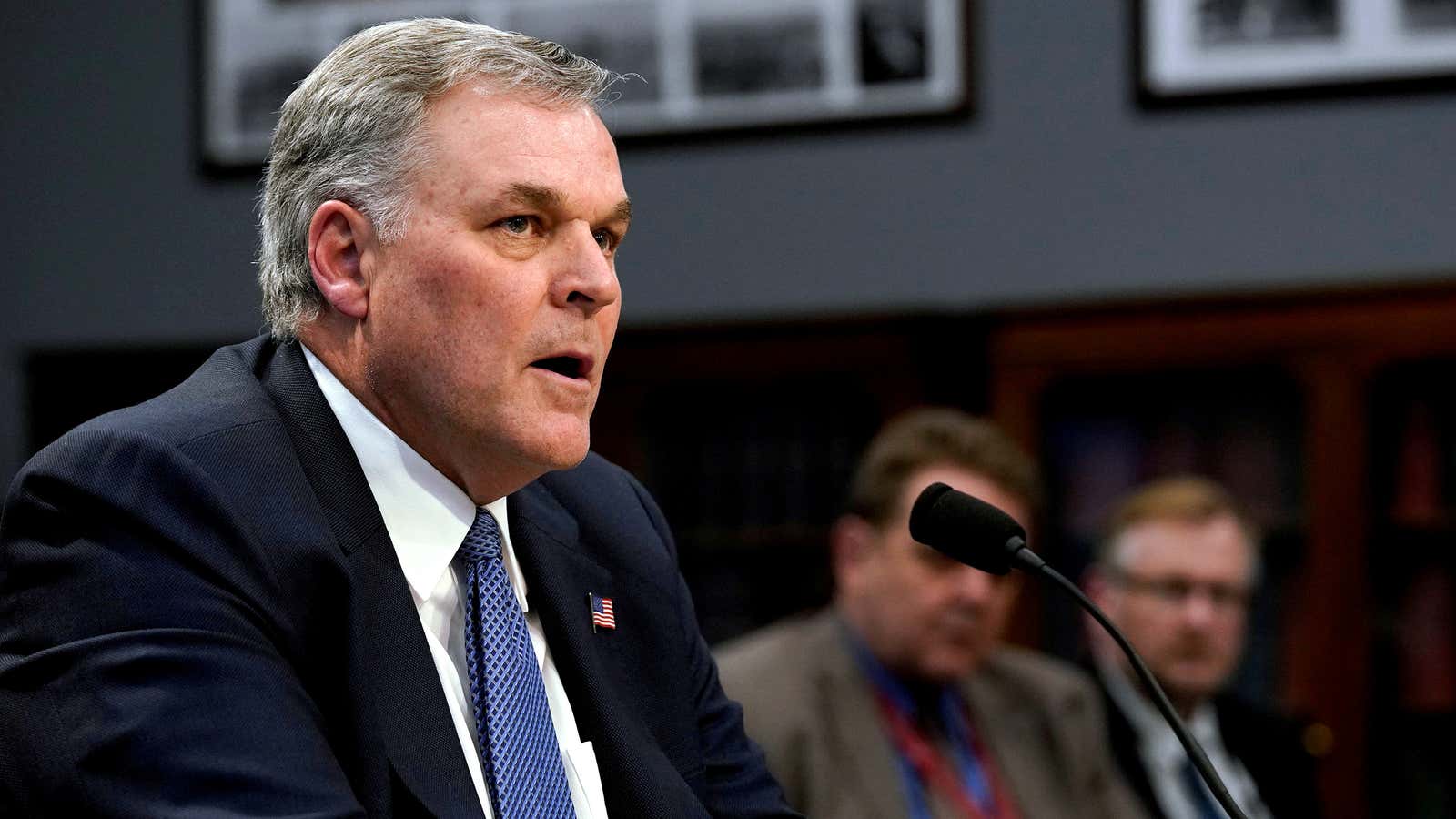It’s easy to spot the growing wealth of Jeff Bezos, Elon Musk, and other entrepreneurs who made their fortunes with publicly traded companies. The Robert Brockmans of the world are harder to spot.
If you don’t know who Brockman is, I don’t blame you. The Texas software billionaire, who has never appeared on Forbes’ vaunted list of the wealthiest Americans, is allegedly responsible for the largest tax fraud in US history. What’s more, new economic research suggests he is hardly the only high-earning American dodging taxes under the radar.
Brockman is alleged to have used a complex network of offshore entities in the Cayman Islands to conceal $2 billion from US tax collectors. The scheme was discovered only when some of Brockman’s salesforce sued him, alleging that some of the revenue flowing to foreign trusts belonged to them as commissions.
That money is among an estimated $175 billion in potential tax revenue that the top 1% of American earners conceal from the US Internal Revenue Service (IRS) each year, representing more than a third of unpaid taxes, according to a new paper (pdf) from economists at the IRS and several universities.
Notably, the findings also suggest that the US suffers from more economic inequality than previously understood, since most measures of relative prosperity rely on tax data that undercounts the income of the wealthiest Americans. The focus on rich people whose wealth is mainly in publicly disclosed corporate stock lets high-earners with harder-to-track incomes slip under the radar.
The new findings derive from comparing the results of random audits with voluntary disclosure programs that allowed Americans to reveal undisclosed offshore holdings and pay back taxes without being subject to criminal prosecution or penalties. By comparing the various data sets, the researchers were able to make new estimates of tax avoidance across the income distribution.
The researchers argue that random audits are not designed to find sophisticated tax evasion in offshore accounts, and that auditors generally lack the resources to compare reported pass-through income to the actual activities of the underlying businesses.
This jibes with other research that suggests investing more money in tax enforcement would result in a net gain for the US budget. One recent study found that upping the tax man’s budget by $100 billion over 10 years could result in more than $1.5 trillion in additional unpaid tax collected. After years of budget cuts by Republican lawmakers, new Democratic majorities in Congress could lead to a funding boost for the tax agency.
Those gains could come from deeper investigations and the deterrent effect that they might provide, but also just doing the fundamentals: The Treasury Inspector General for Tax Administration reported last year that the agency simply didn’t audit more than 800,000 high-income taxpayers who stopped filing tax returns and are estimated to owe nearly $46 billion.
